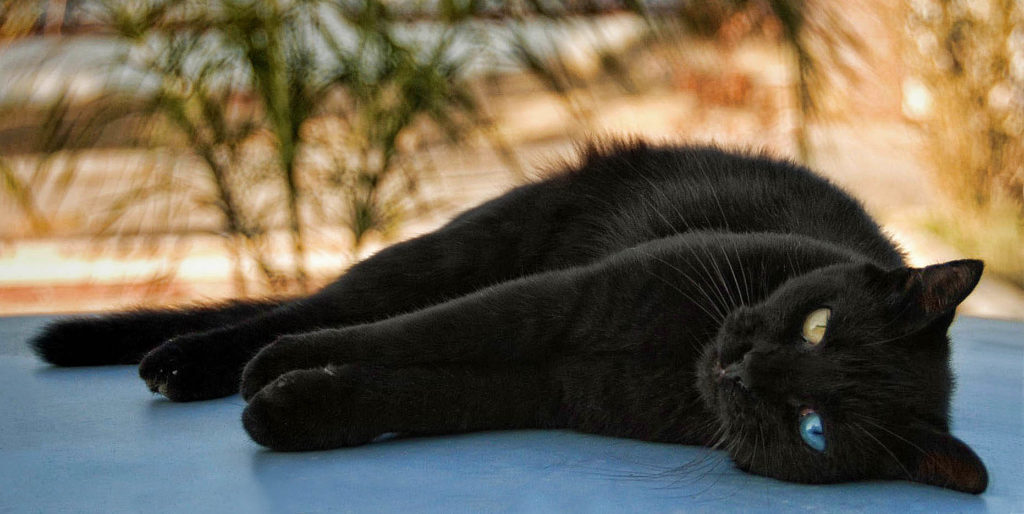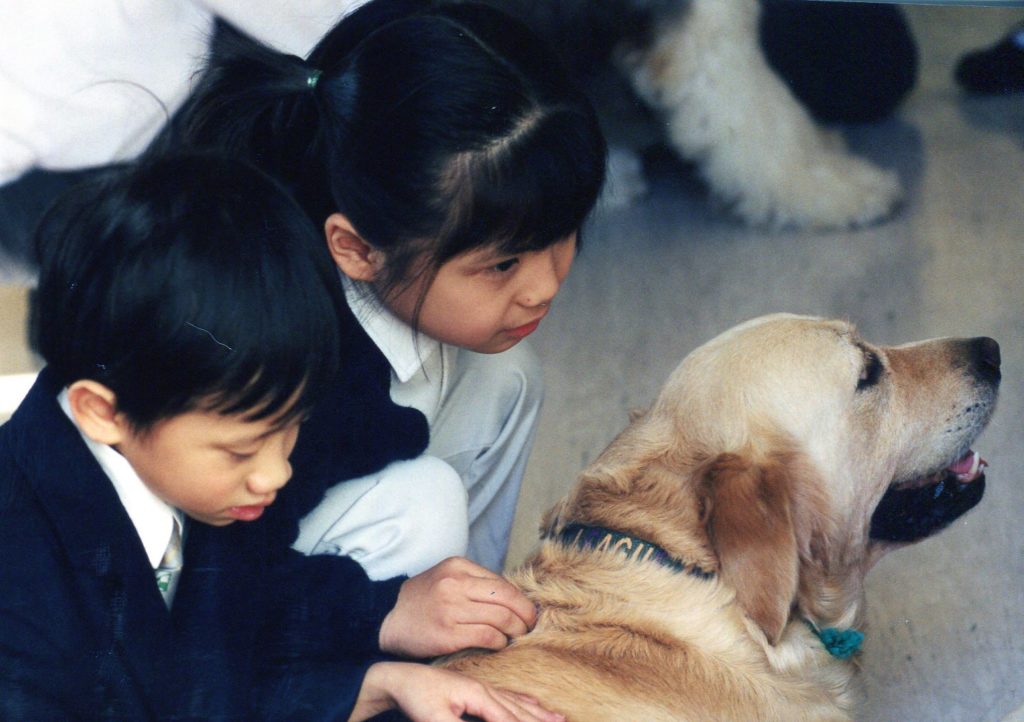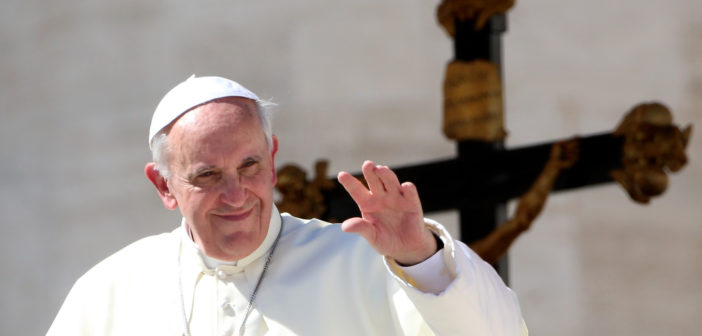Epidemics like COVID-19 have come about because of the practice of farming and eating animals. This threat has been known for many years. So why haven’t we all stopped eating meat and dairy?
One might also say that humans have abused, exploited and tortured animals for millennia, knowing that they suffer. Why haven’t the mainstream religions condemned this? Einstein is reported to have said “Two things are infinite, the universe and human stupidity, and I am not yet completely sure about the universe.”
Well, the Catholic Church has made some mistakes. She has not got everything right all the time. For instance, She approved of slavery – Pope Pius IX said in 1866 that “It is not contrary to the natural and divine law for a slave to be sold, bought, exchanged or given.” She said that Galileo’s observation that the earth moved around the sun was a heresy that was “false and contrary to the Holy and Divine Scriptures.” She played a role in the persecution of innocent women in witch trials, where women could be tortured to get confessions, and executed by strangulation, hanging, beheading or being burnt alive. She shared in the persecution of Jews down the centuries.
One could mention examples of genocide, wars and sexual abuse that the Church has been involved with.
Pope John Paul II and Pope Francis have offered apologies for all of these wrongs and more.
But there is one major wrong that the Church still has not apologized for: animal abuse. For instance, cats were treated terribly in past centuries because they were associated with the devil. Especially black cats. Pope Gregory IX (c. 1145 – 1241) played his part in encouraging the hatred of cats. And in 1484 Pope Innocent VIII declared that the cat was the devil’s favourite animal and the idol of all witches. He decreed that cats were to be burned. Their screams were taken to be the screams of the devil.

Cats, especially black cats, were once hated by the Church. Image credit Chris Yarzab, CC BY-SA 2.0.
For centuries, the Church has, on the whole, ignored the question of how we view and treat other creatures. And there is no excuse.
As a campaigner for animal rights, I am constantly aware of the terrible cruelties that take place every day. I can’t blot out what’s happening. I am immersed in the horror. So my anger at the Church’s indifference to the suffering of animals just grows and grows. I can’t leave the Church, because the Holy Spirit has led me to the Catholic Faith. But the Holy Spirit has also led me to discriminate between right and wrong. Strange that our bishops have not been able to make this discrimination when it comes to animal abuse.
Let me briefly summarise what acceptance of animal exploitation inevitably involves. It involves acceptance of the following:
- The strong can exploit the weak
- The end justifies the means
- Violence is acceptable
- Our trivial gains come before the lives of others
- Those with plenty can take away the little that others have
- The superior or more intelligent can exploit the inferior or less intelligent
- The holy can exploit others less holy
- “Do unto others as you would be done by” can be replaced with “do unto others what you would on no account have done to yourself”
If a more intelligent or more “holy” species dominates this planet – let’s say, for the sake of argument, through evolution or alien invasion – they can with equal justification enslave and exploit humans.
Note that the word “others” above refers to animals. Animals are the “others” that we justify abusing because they don’t look like us. Isn’t that the most blatant form of racism?
What are the reasons that cause us to exploit animals? They are all vices: greed, self-interest, materialism, lack of compassion, arrogance and self-indulgence. Conversely, virtues cause us to oppose exploitation: good example, love, simple living, compassion, humility, doing unto others as we would be done by, seeing the Divine in everything and treating everything with respect.

How do foundational tenets of religion guide us to treat animals? Image credit Kim Bartlett – Animal People, Inc.
Most of all, I want to ask our bishops, “Is compassion a good thing? If it is, why and how does it cease to be good when applied to animals?”
In his 2015 Encyclical “Laudato Si,” Pope Francis has gone some way towards returning to animals the respect that Genesis I gave them. We must treat them with kindness, he says. God cares about them, therefore we should. Cruelty is a sin. They are destined for heaven. He says all this, but all that he says is Catholic teaching anyway. He has said nothing new, not even regarding their heavenly destiny, because Pope John Paul II had already proclaimed in 1990 that “animals too have souls.” What Laudato Si does is re-establish Church orthodox teaching regarding animals – teaching the Church has failed to promote. Teaching that is notable for being neglected. But as far as it goes, Laudato Si is a positive thing for animals. Unfortunately, it does not go far.
Bishops need to tell priests to tell the Catholic congregation at Mass that we must treat animals with kindness. This is not happening. Animals are still never mentioned at Mass. And the Catechism hasn’t changed to reflect Laudato Si. Perhaps it will eventually. The other way that Laudato Si does not go far is that it allows the use of animals by humans for things we require. We can enslave animals as long as we are kind to them. There are a couple of serious problem here. First, how can you be kind to a creature you enslave and kill? Another, who is to decide which of our requirements justifies using animals? We need food, but we don’t need meat; we need clothes, but we don’t need wool or leather or fur to make clothes.
The Gospels have a glaring lack of any mention of how God wants us to treat animals. Is this possible? Is it possible that the God who created the universe has nothing to say through Jesus about treating animals with love and showing respect for the natural environment? I can see that perhaps not a lot would have been said, as the Jews weren’t busy destroying their environment as we are today, and they did have some laws to protect animals. But something must have been said by Jesus. As well as the many other things that Jesus did which John says weren’t written down, there must have been many other things that Jesus said which weren’t written down or which were later deleted.
Strange also that the 10 Commandments don’t mention how we should treat animals. But neither do they mention how we should treat children. That doesn’t mean that we can abuse children. There will be a reason for these omissions, but they do not give us permission to mistreat animals or children.
It is strange that people can back up almost any evil with quotes from the Bible: oppression of women, corporal punishment, violence, war, slavery, animal abuse, genocide, capital punishment and bigotry.
Why do we follow the Bible? Why do we follow Jesus? Why do we follow God? Faith and God’s grace have their part to play of course, but why do we put our faith in God, Jesus and the Bible? Isn’t it because we see that they are ultimately good, and that they conform to our conscience? It should not be that we choose to subjugate our conscience to “what is written.” Because that would mean that we could for instance kill adulterous women, have slaves, fight religious wars, cut off hands as a punishment for theft, promote rule by conquest, eat animals, etc. Of course many people have done and do these things, justifying them by what is written in the Bible. My argument is that we must use our education, intelligence, conscience and discrimination when following our holy writings. Otherwise we could be making a mockery of them, and completely missing the point of what they are saying.
Ultimately, the Church needs to state that the answer to “who is my neighbor?” is “any creature in need,” and that whatever we do to the least of God’s creatures, we do to Christ, and that our job on earth, as described in Genesis I, is to look after the well-being of animals, not to exploit them for our use. At the very least we should stop enslaving them. This will show the way for all peoples and all countries to a pure and loving way of living our Christian faith, to the benefit of people, animals and planet.
Featured image: Pope Francis in Vatican City. Image credit Long Thien, CC BY-SA 2.0.





